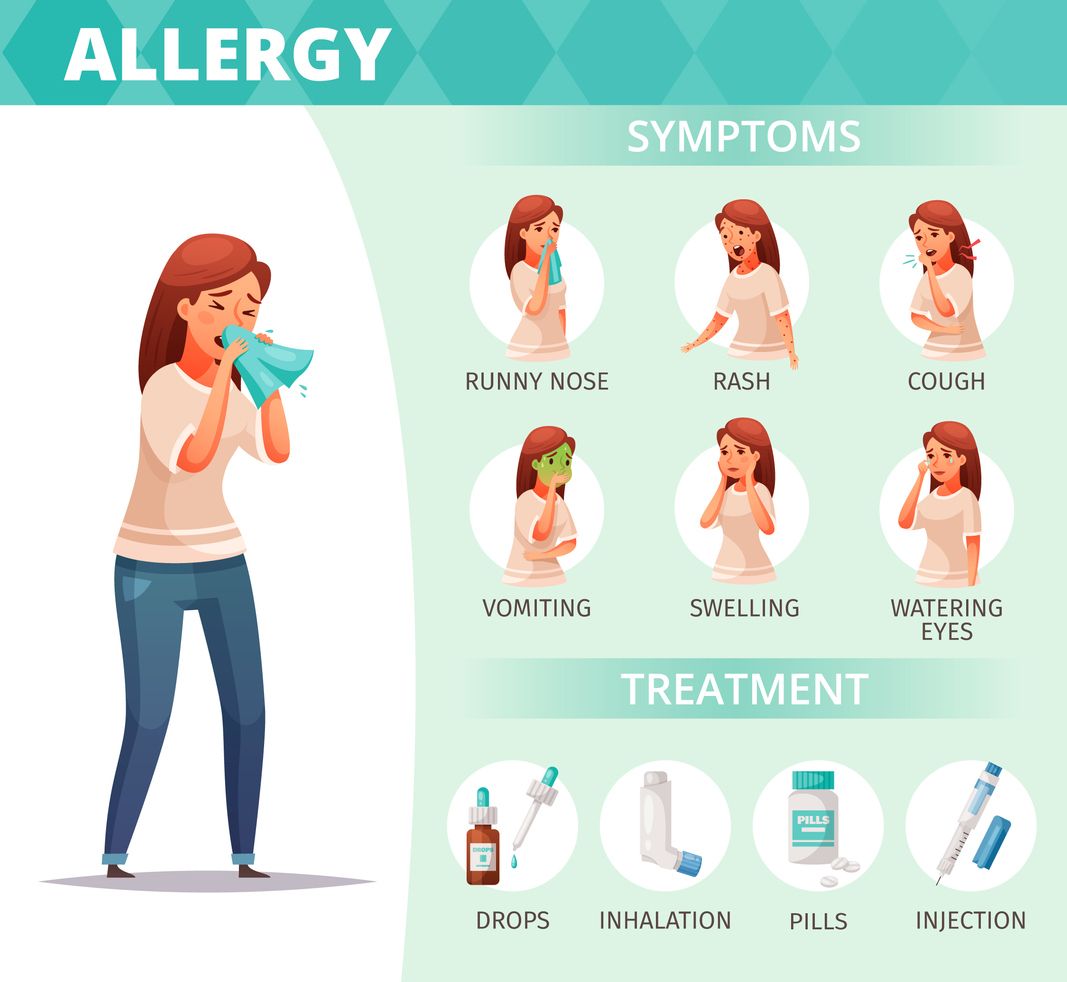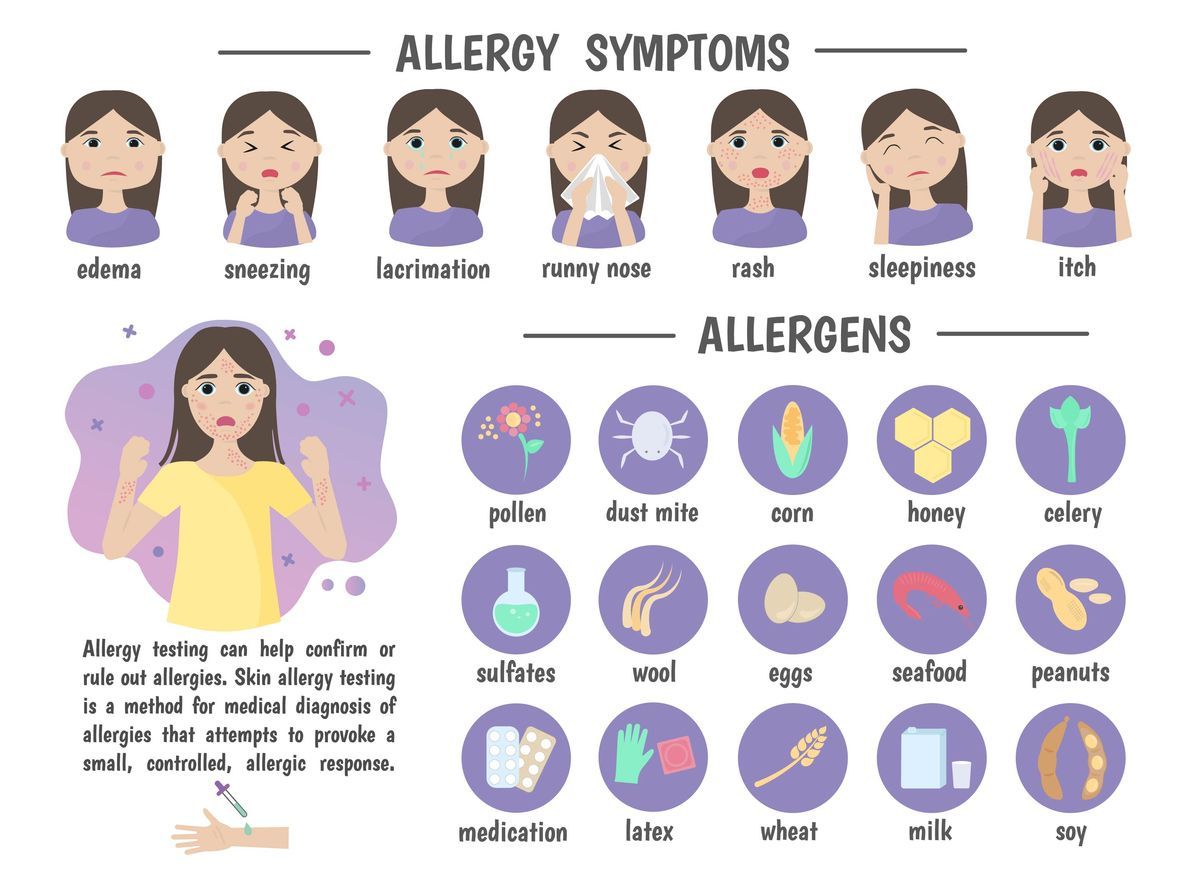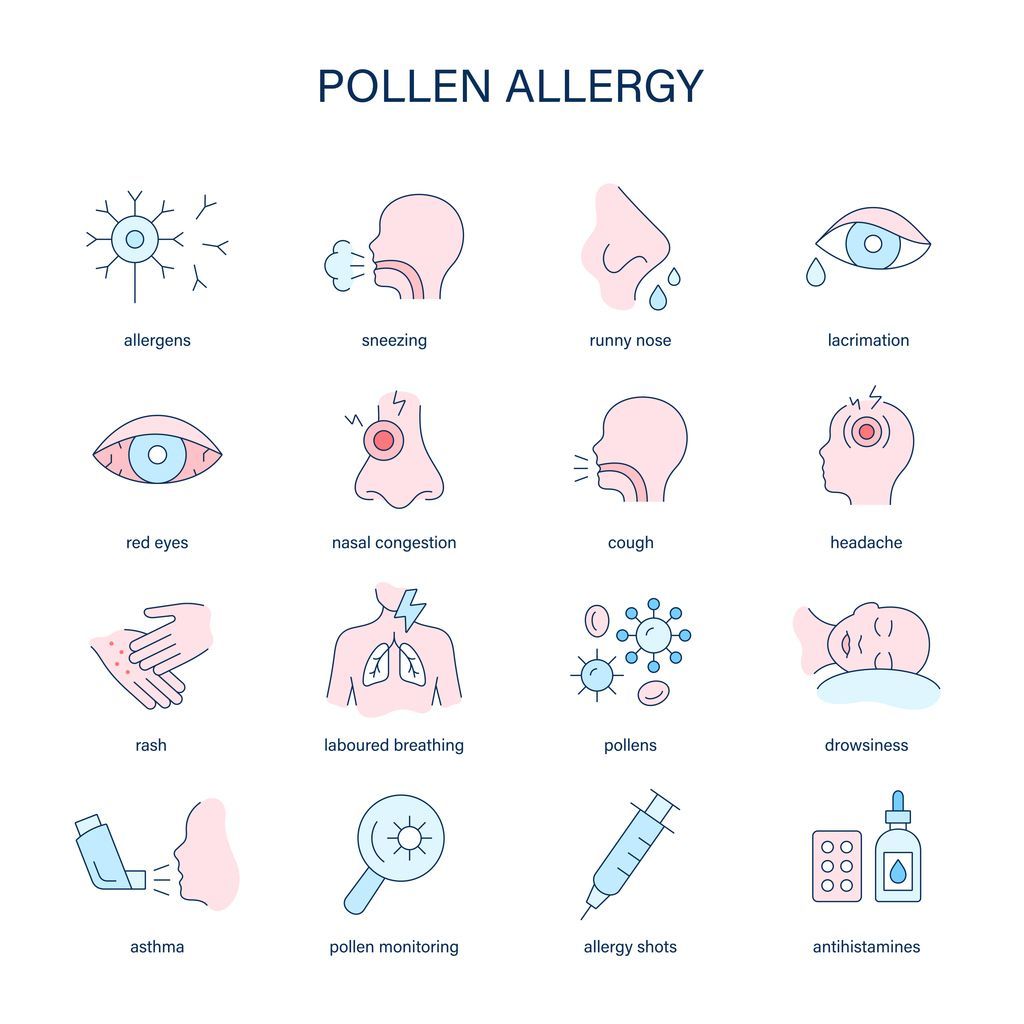Is it time to break free from the endless cycle of eczema flare-ups? Discover how seeing an allergist could be your key to lasting relief.
October is National Eczema Awareness Month, a time dedicated to raising awareness about this common and often misunderstood skin condition. Eczema, also known as atopic dermatitis, affects millions of people worldwide, causing itching, inflammation, and discomfort. In this blog, we'll explore what eczema is, the root causes behind it, and how Iowa Allergy can offer essential help and treatment options to those affected by eczema.
Understanding Eczema
Eczema is a chronic skin condition characterized by dry, itchy, and inflamed skin. It can affect individuals of all ages, from infants to adults, but it's more prevalent in children. The exact cause of eczema remains unclear, but several factors contribute to its development, including genetics, environmental triggers, and a compromised skin barrier.
Root Causes of Eczema
- Genetics: Family history plays a significant role in eczema. If one or both parents have a history of allergic conditions like eczema, asthma, or hay fever, the likelihood of a child developing eczema increases.
- Skin Barrier Dysfunction: The skin acts as a barrier that protects us from external irritants and allergens. In individuals with eczema, this barrier is weakened, allowing irritants to penetrate the skin more easily and triggering inflammatory responses.
- Environmental Factors: Allergens and irritants in the environment can exacerbate eczema symptoms. These may include pollen, dust mites, pet dander, harsh soaps, and certain fabrics.
- Immune System Dysfunction:
An overactive immune system can contribute to eczema symptoms. The immune system may mistakenly identify harmless substances as threats, leading to inflammation and itching.
Iowa Allergy: Your Partner in Eczema Management
Iowa Allergy is a trusted healthcare provider specializing in diagnosing and managing allergic conditions, including eczema. Here's how they can assist individuals and families dealing with eczema:
- Accurate Diagnosis: Eczema can mimic other skin conditions, making it essential to obtain an accurate diagnosis. Iowa Allergy's experienced allergists and dermatologists can confirm eczema and rule out other possibilities.
- Personalized Treatment Plans: There is no one-size-fits-all solution for eczema. Iowa Allergy works closely with patients to create personalized treatment plans tailored to their unique needs. These may include:
- Topical Steroids and Non-Steroidal Creams: These can help reduce inflammation and itching.
- Moisturizers: Proper skin hydration is crucial in managing eczema.
- Antihistamines: These can alleviate itching and improve sleep.
- Overall Immune System Modulation: Allergy shots and drops work by introducing small, controlled doses of allergens into the body. Over time, this can lead to changes in the immune system's response to these allergens. This immune modulation may have a broader impact on the immune system, potentially helping to reduce inflammation and immune-mediated responses that contribute to eczema symptoms.
- Secondary Symptom Improvement: Some individuals with eczema may experience a reduction in symptoms like itching and skin inflammation when undergoing allergy shots Allergen Reduction: Eczema can be triggered or exacerbated by allergens like pollen, dust mites, or pet dander. Allergy shots and drops are designed to reduce sensitivity to these allergens over time. As the body becomes less reactive to these triggers, it may experience fewer allergic responses, which could indirectly help reduce eczema flare-ups triggered by allergens.
- Education and Support: Iowa Allergy offers educational resources to help patients understand their condition better. They provide guidance on skincare routines, trigger avoidance, and lifestyle modifications.
- Identifying and Managing Triggers: By pinpointing environmental triggers and allergens, Iowa Allergy helps patients take proactive steps to minimize exposure and reduce flare-ups.
- Ongoing Care: Managing eczema is often a long-term endeavor. Iowa Allergy provides consistent, compassionate care to ensure patients' skin remains healthy and comfortable.
National Eczema Awareness Month serves as a reminder that eczema is a common, manageable condition. Understanding the root causes of eczema and seeking help from specialists like Iowa Allergy can make a significant difference in managing the condition effectively. With personalized treatment plans, education, and ongoing support, Iowa Allergy empowers individuals and families to take control of their eczema and achieve healthier, more comfortable skin. If you or a loved one is struggling with eczema, reach out to Iowa Allergy to start your journey toward relief and improved quality of life.










